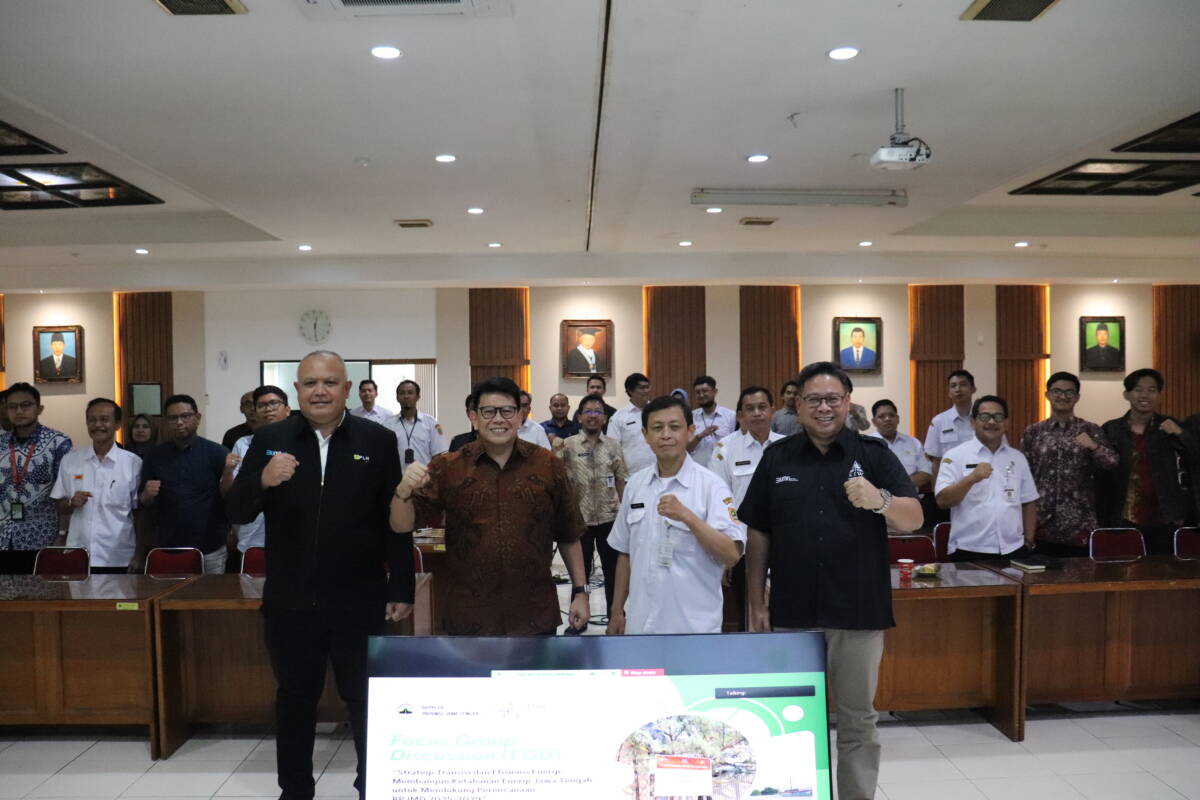
Promoting Sustainable Energy in Central Java
Central Java, September 11, 2024 – Central Java Province plays a crucial role in the efforts to achieve sustainable energy transition in Indonesia. With its a... Read more.
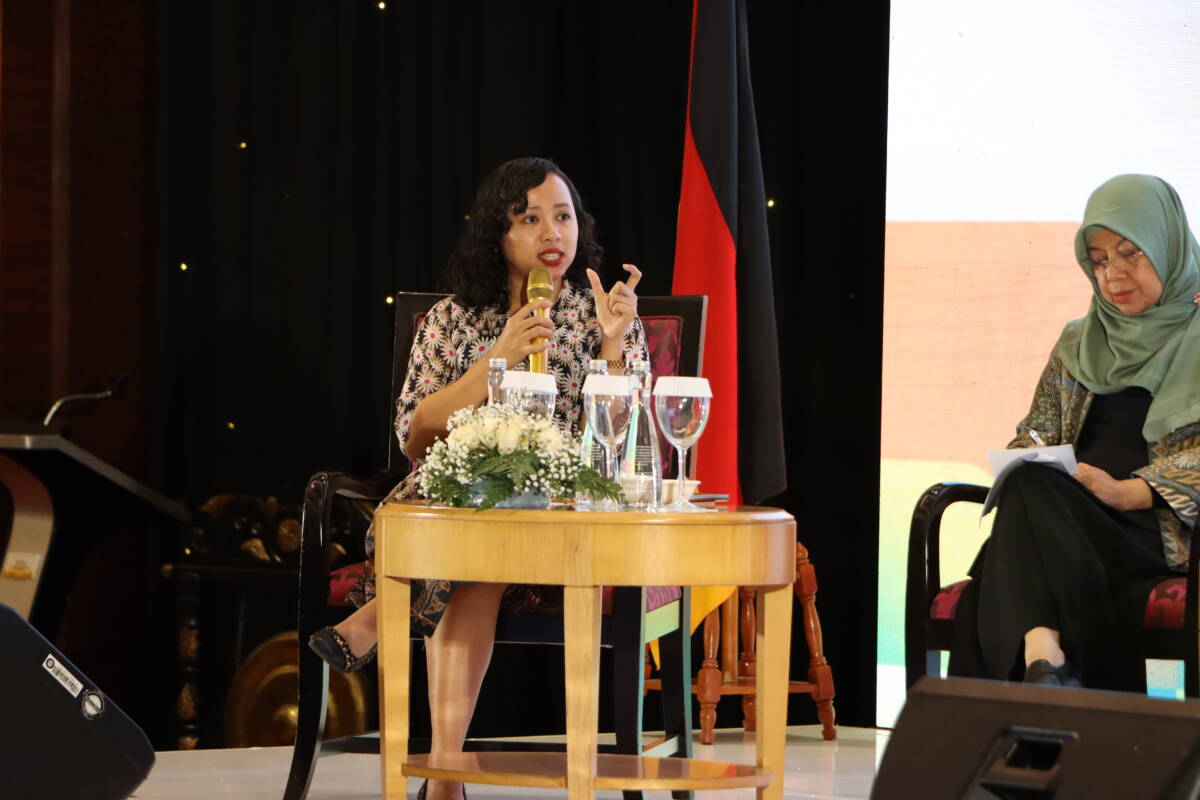
National and Regional Synergy to Utilize Renewable Energy
Jakarta, September 11, 2024 – Indonesia is currently at a crucial stage in its energy transition efforts to increase the renewable energy mix and reduce d... Read more.
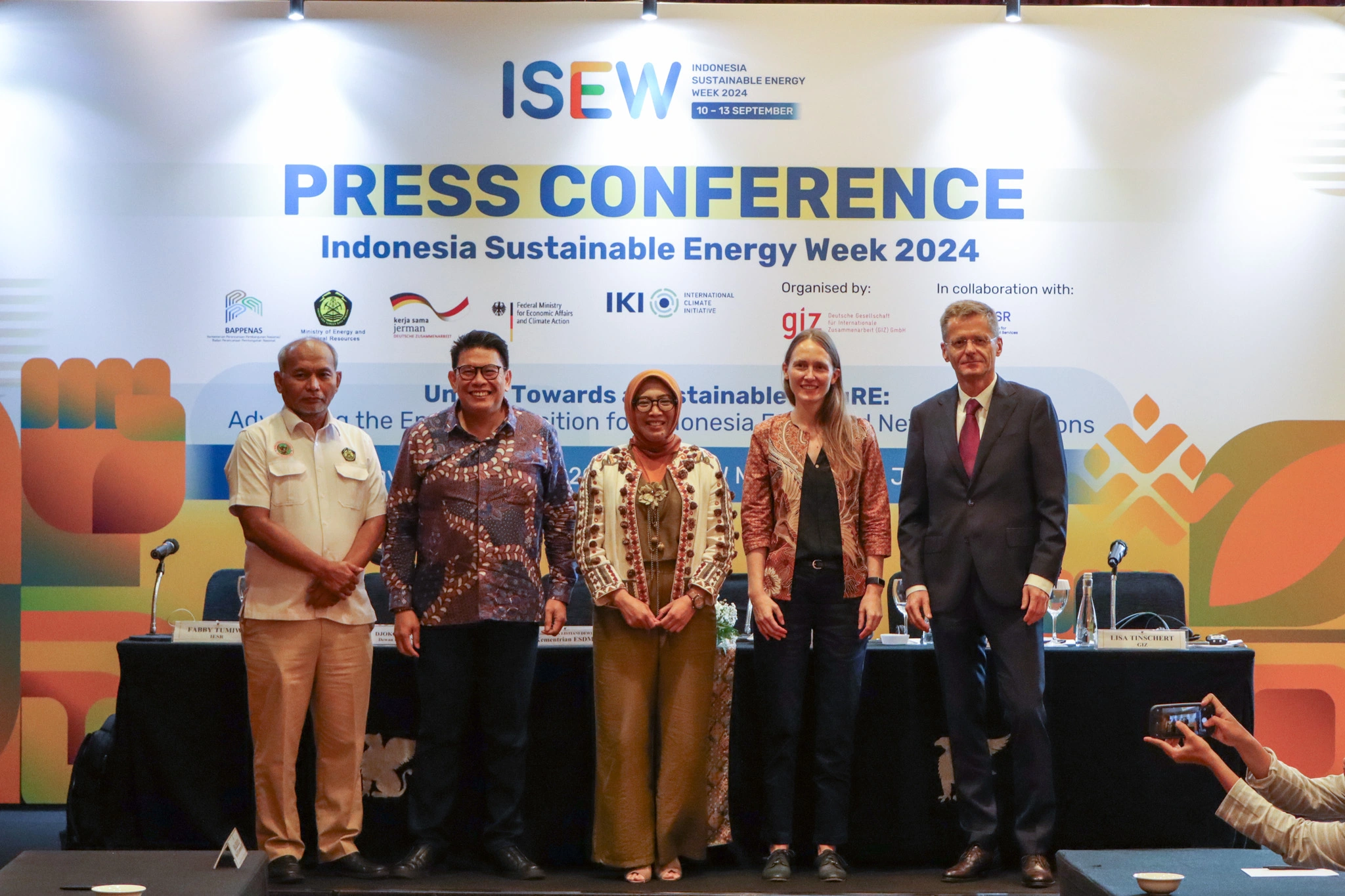
Accelerating the Energy Transition and Driving the Narrative to Achieve a Golden Indonesia 2045
Jakarta, 10 September 2024 – The energy transition plays a key role in realizing the vision of a Golden Indonesia 2045, where Indonesia aspires to become ... Read more.
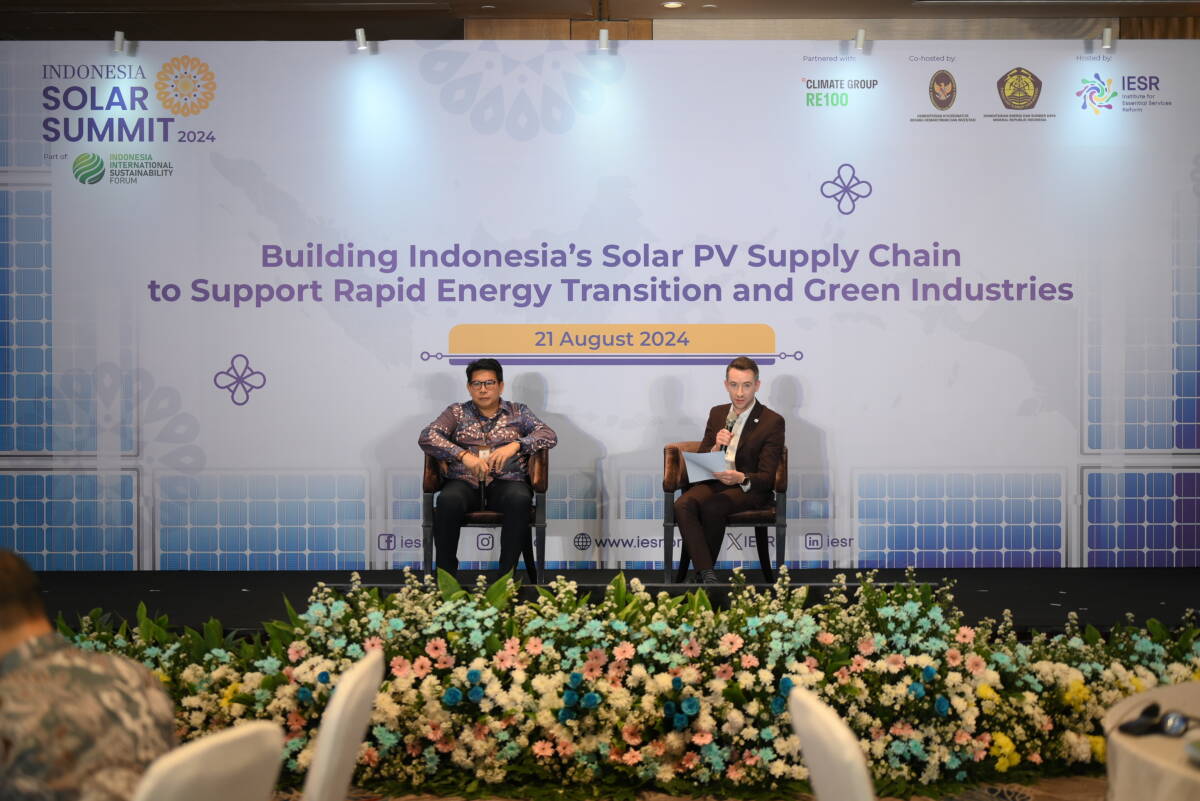
Global Businesses Call on Indonesia’s Government to Unlock the Country’s Renewables Investment Potential
Large international companies have strongly encouraged the country to increase its renewables target, allow more renewable sourcing options for corporates, and ... Read more.
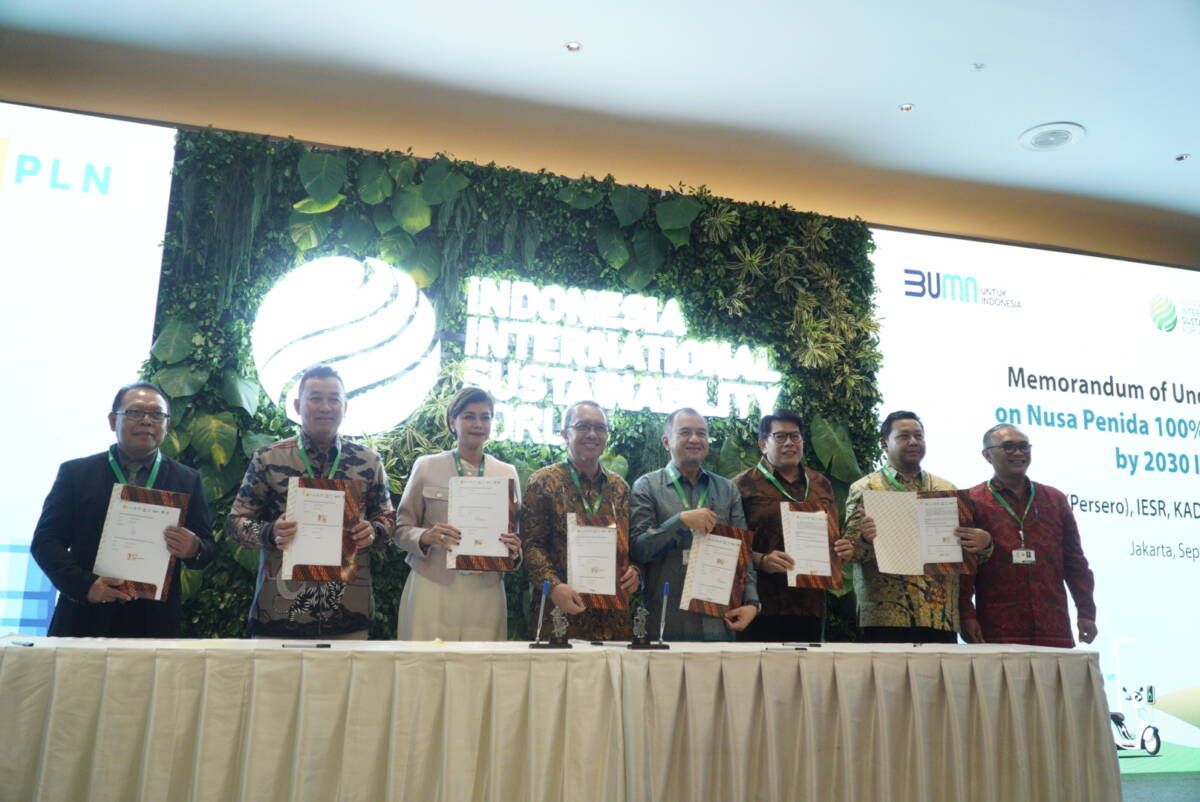
Synergy and Mobilization of Support to Realize Nusa Penida 100 Percent Renewable Energy 2030
Jakarta, September 5, 2024 – The Institute for Essential Services Reform (IESR) and the Bali Provincial Government have committed to supporting the Bali N... Read more.
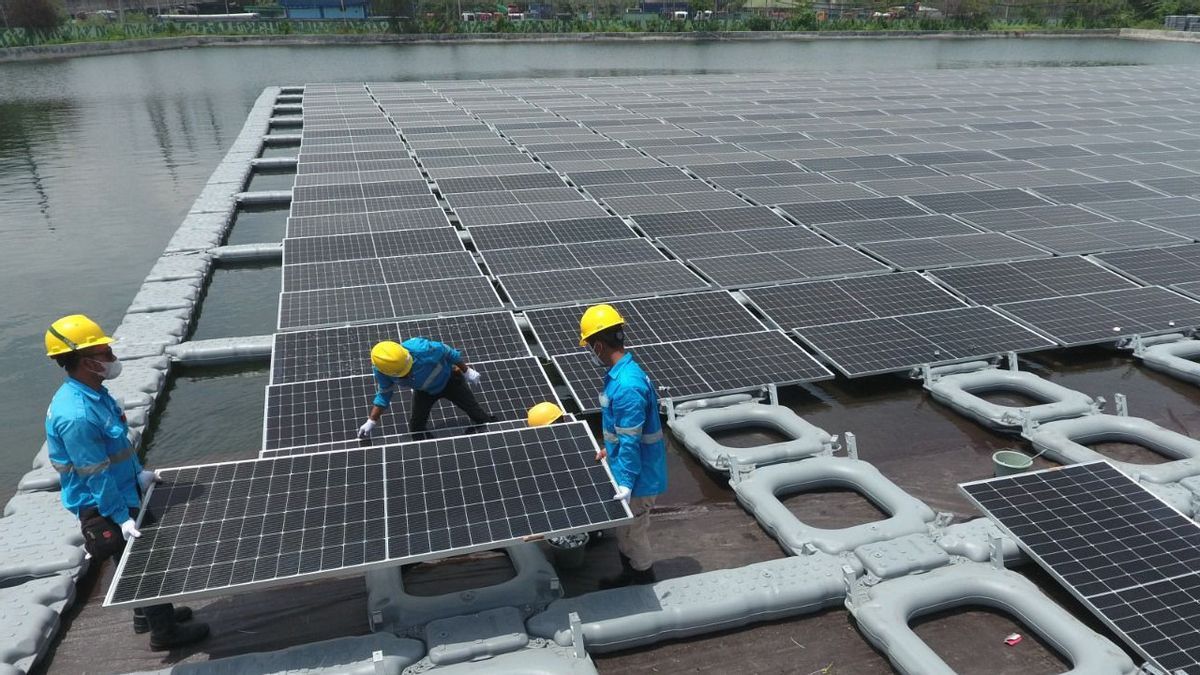
Lack of Renewable Energy Ambition in the KEN RPP
Jakarta, 5 September 2024 – The progress of harmonization of the Draft Government Regulation (RPP) on the National Energy Policy (KEN) has now reached the... Read more.

Kontan | Mini Budget, Green Energy Policy in Doubt
The government continues to raise the target of achieving the national energy mix from new renewable energy. Read more on Kontan.... Read more.

IESR Recommendations for an Ambitious, Fair, Credible, and Transparent SNDC
Jakarta, August 30, 2024 – The Ministry of Environment and Forestry (MoEF) has submitted an initial draft of the Second Nationally Determined Contribution... Read more.
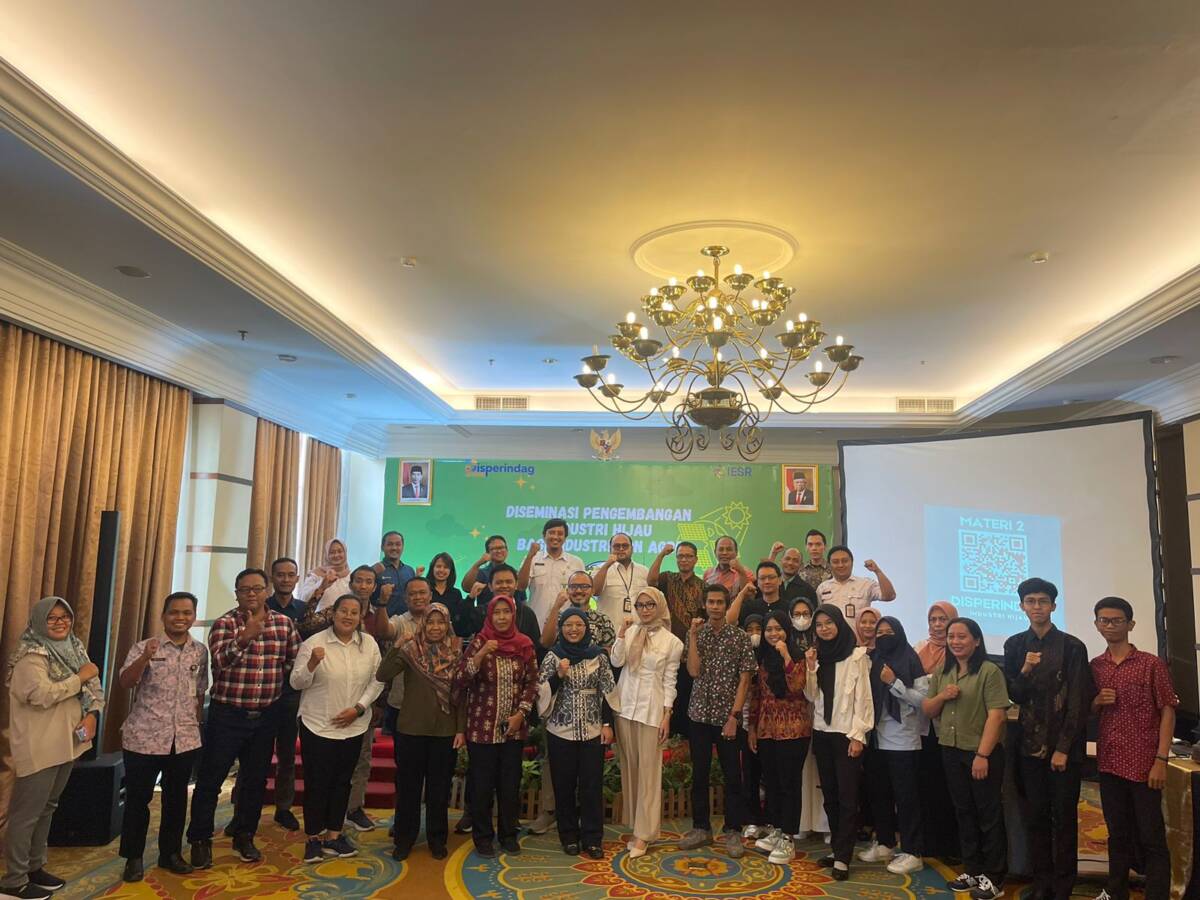
Encouraging Green Industry Grow
Surakarta, August 28, 2024 – In the midst of an increasingly apparent climate crisis, the growth of green industries that prioritize sustainability needs ... Read more.

Kata Data | Clean Energy Sector Potential to Create 3.2 Million Jobs by 2050, Says IESR
The clean energy sector or new renewable energy (NRE) is said to be able to create a large number of jobs. Read more on Kata Data.... Read more.
